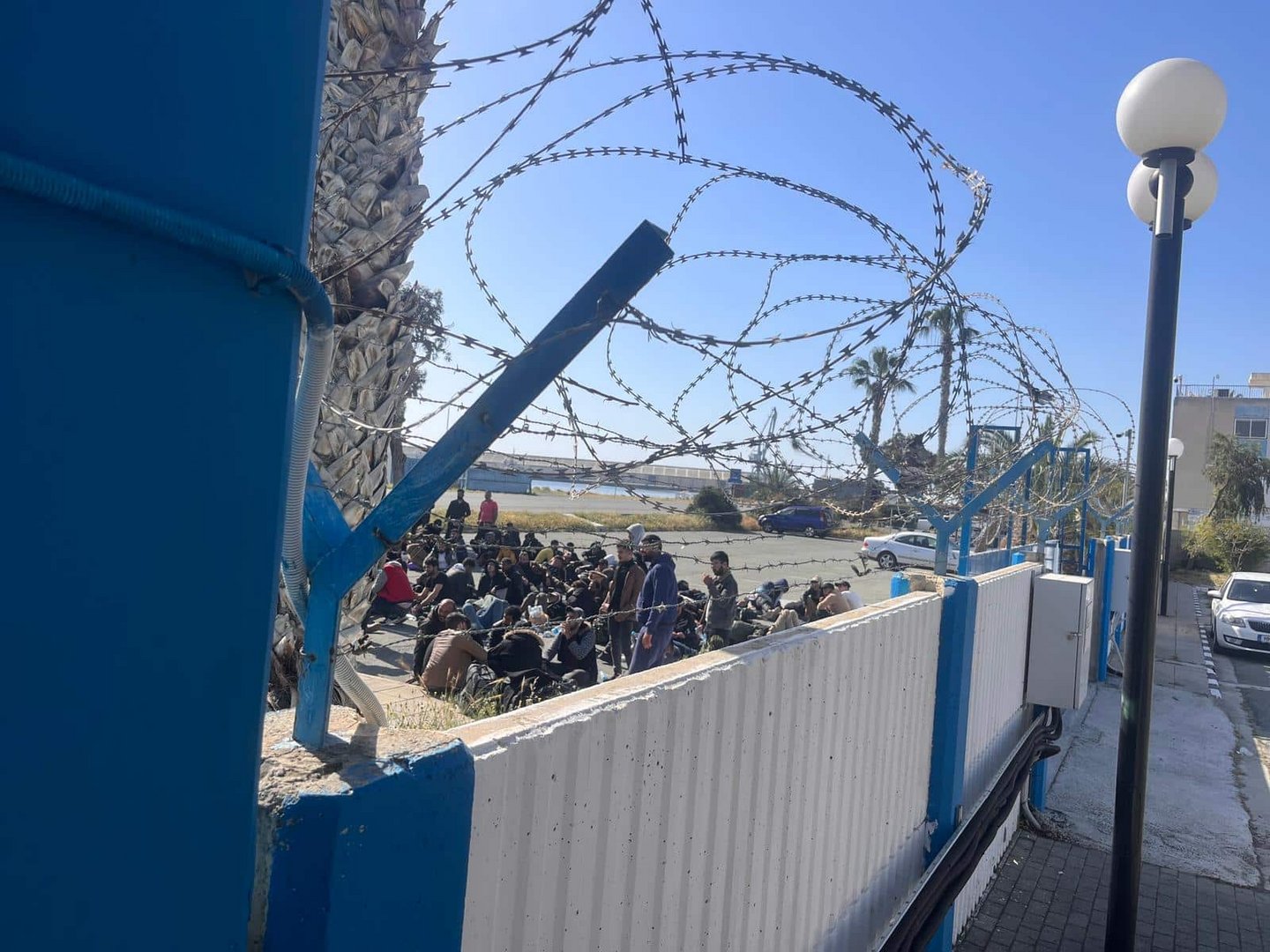“Just over 750” people have filed asylum claims in Cyprus in the first three months of the year, Migration Deputy Minister Nicholas Ioannides said on Sunday.
At the same time, he said, 3,600 irregular migrants have returned to their country of origin during the same period.
“The Republic of Cyprus remains vigilant, the port police’s maritime patrols continue to be carried out, and the surveillance of the Green Line continues,” he said at a memorial to Eoka in the Paphos district village of Chlorakas.
“We continue from where we left off in 2024 – that is, more departures and repatriations than people flowing in,” he added.
He went on to say that the government is “continuing to work on the implementation of its broader migration policy”, adding that at present, it is working on a “strategy for integration, trying to rationalise legal migration, and assessing that everything is going according to the government’s plan”.
“For us, the numbers of flows are important and foreign officials also see it when they visit Cyprus, the reception centres, so that they can provide the international protection required,” he added.
He then said that “despite the tension which exists in the region, and without becoming complacent, we can say that the numbers remain low”.
These stated successes come amid a bolstering of Cyprus’ infrastructure to cope with the arrival of irregular migrants, with Transport Minister Alexis Vafeades having earlier said that the new migrant centre in Limnes, near the Larnaca district village of Menoyia, is to be completed by the end of the year.
He said the initial construction project will cost “over €100 million” by the time the centre is complete, with an initial capacity of 1,000 people, though plans are already afoot to expand it further.
Ioannides had said at the time that 90 per cent of that budget will be provided by funds from the European Union.
“We are pleased to see that the project is progressing, being implemented, and they will soon hand it over to us so that we, in turn, can then hand it over to the competent services for their own activities,” Vafeades said.
He added that the site is being built to “international specifications” with “no deviations” from these.
Justice Minister Marios Hartsiotis also visited the centre and described it as “a very important infrastructure project”.
“In its broad significance and meaning, this specific project will greatly contribute to the Republic of Cyprus’ broader goal of becoming a member and partner of the Schengen zone as soon as possible,” he began.
He then added that the centre will also “greatly contribute to the effectiveness of the entire migration problem we are facing”.
“For us at the justice ministry, this infrastructure is also important as its completion will provide an opportunity for the people who are currently being hosted at Menoyia [detention centre] to be transferred to this centre in Limnes,” he said.
This, he said, will allow the justice ministry to “immediately proceed with the relevant changes at Menoyia to transform it at the beginning of next year”.
Ioannides said the centre’s construction will “relieve” Cyprus’ urban centres.
“When we have reception centres, these people will not go to towns and villages to stay, they will stay in their reception centres, which have very good conditions and work according to European standards,” he said.
Earlier, he had said the site will “contribute significantly” to Cyprus’ capabilities regarding the accommodation and processing of undocumented migrants.






Click here to change your cookie preferences